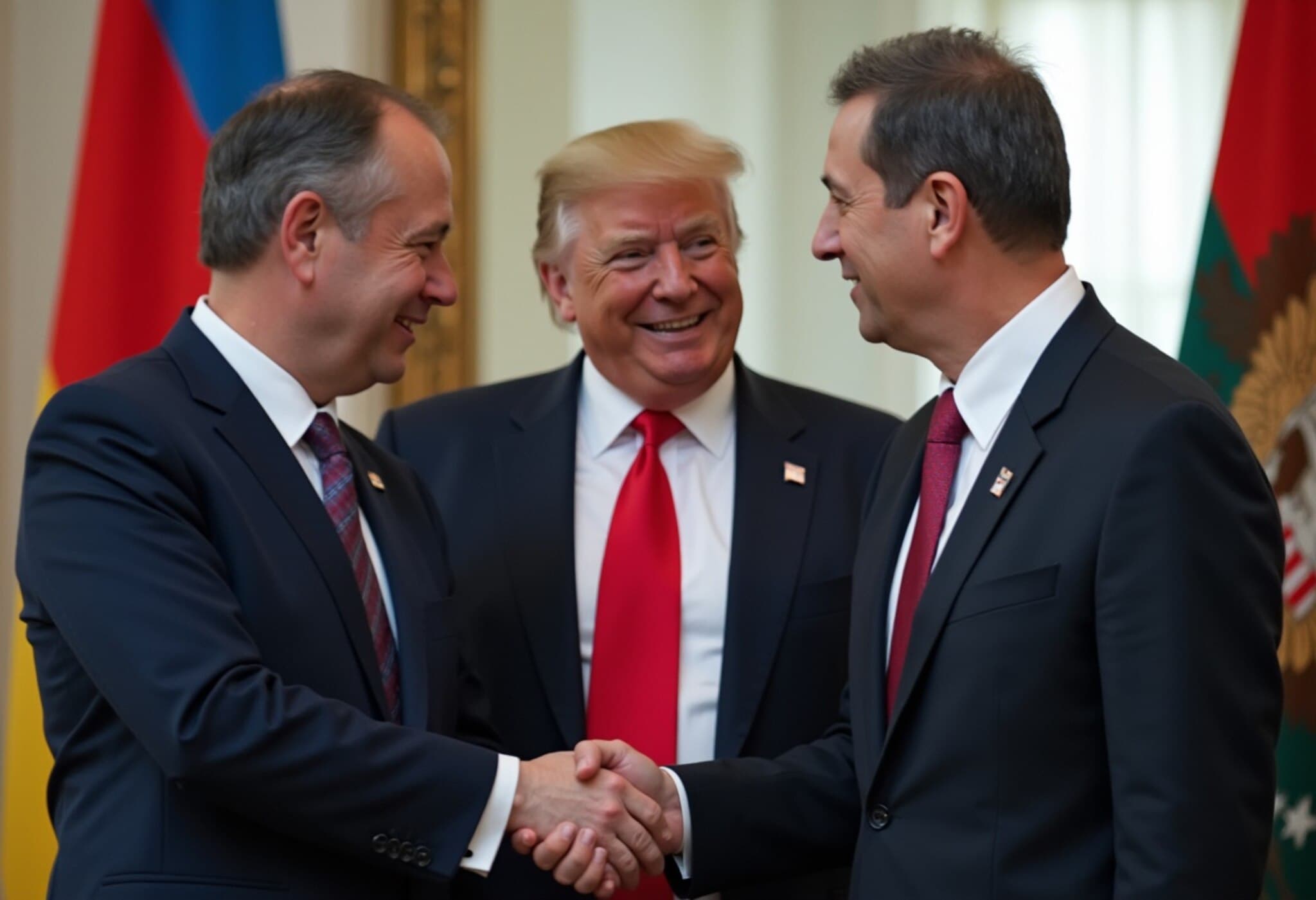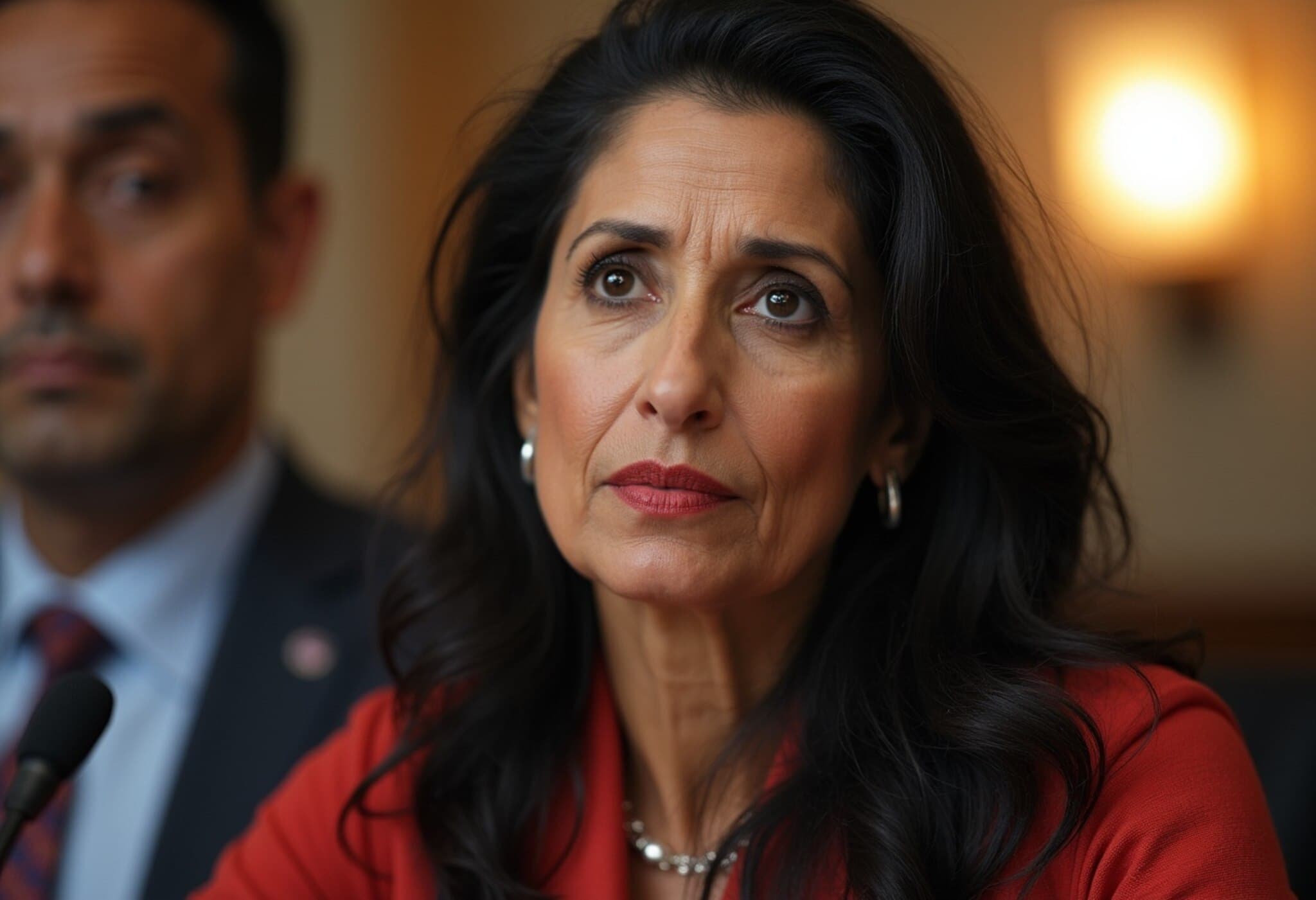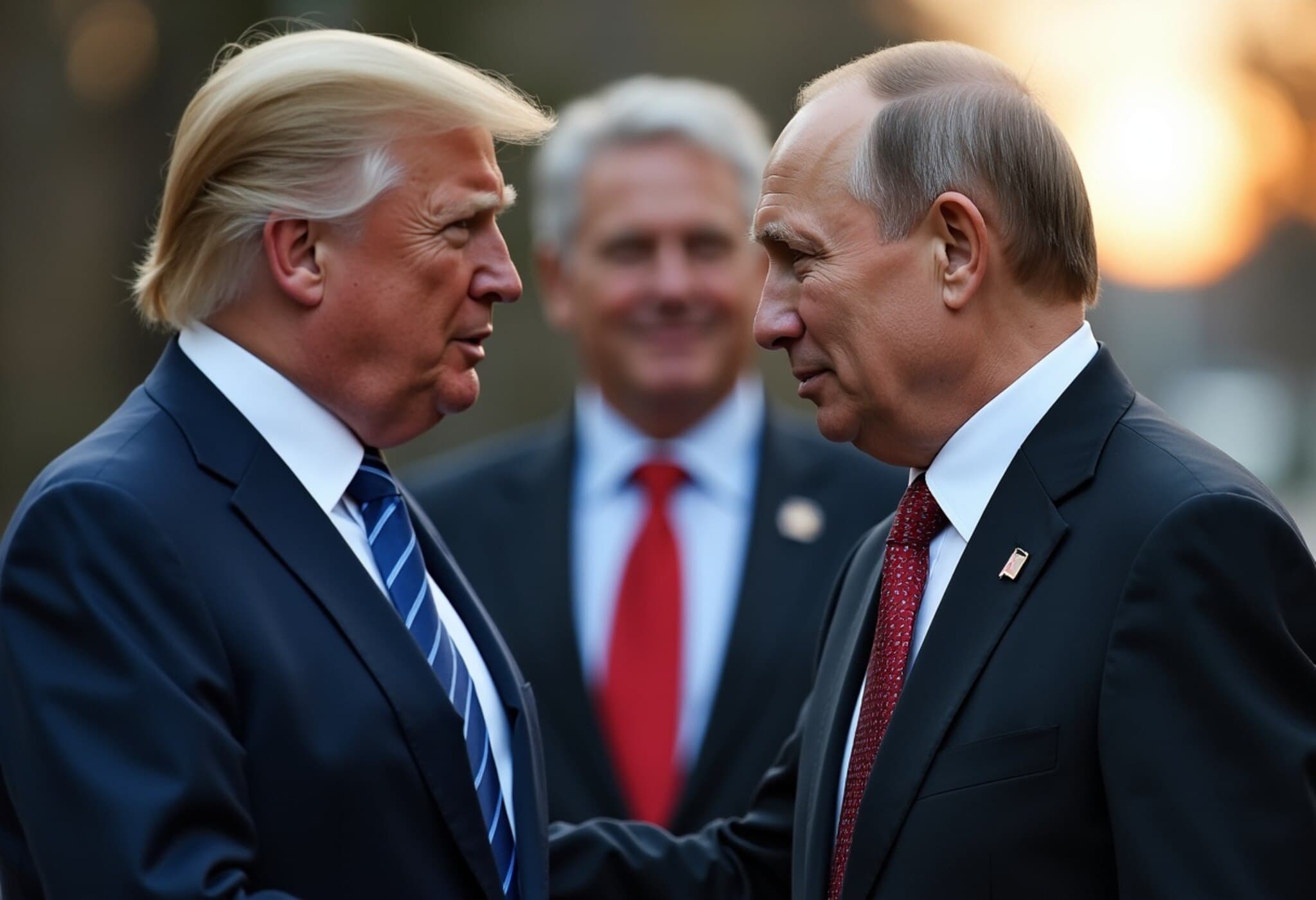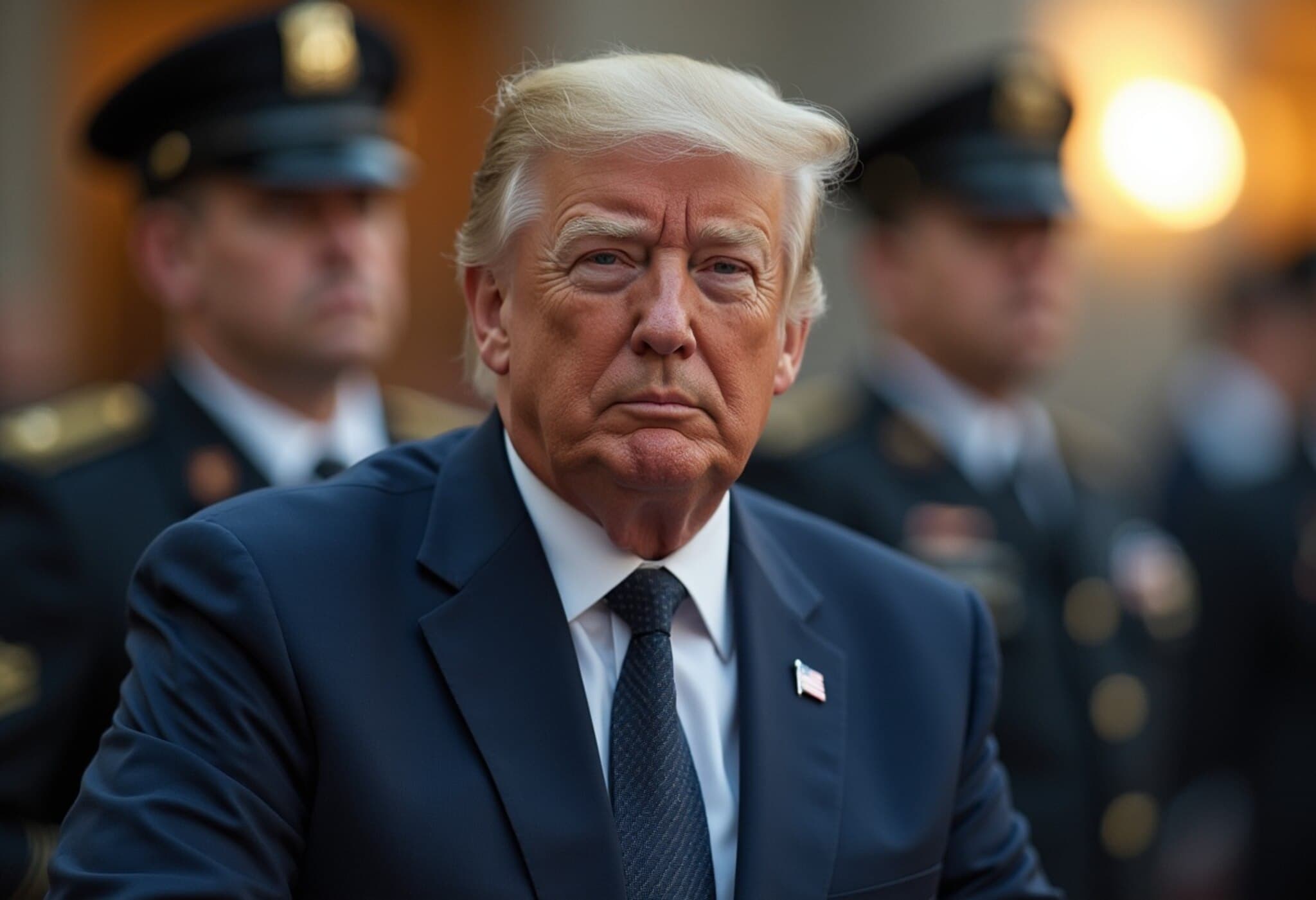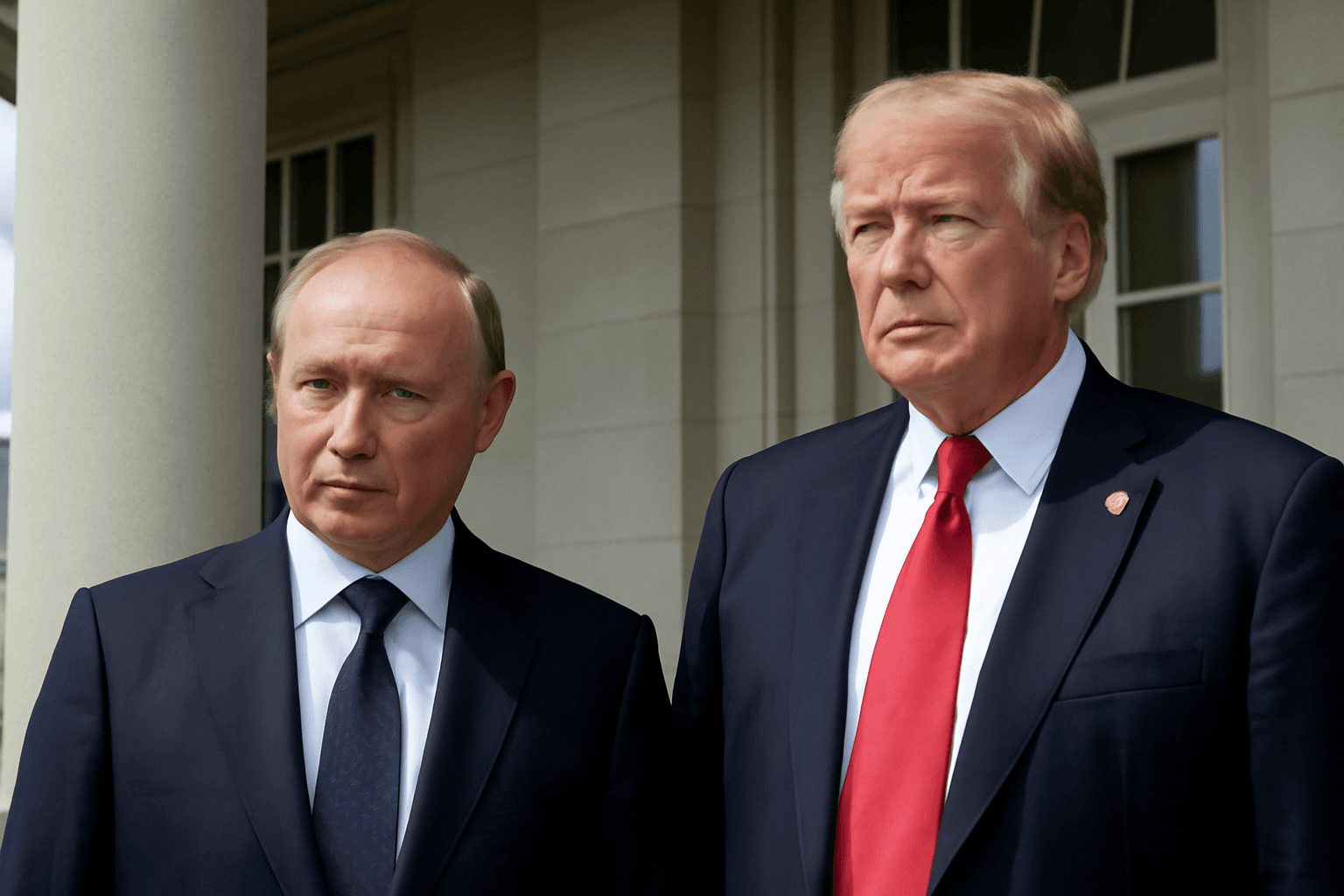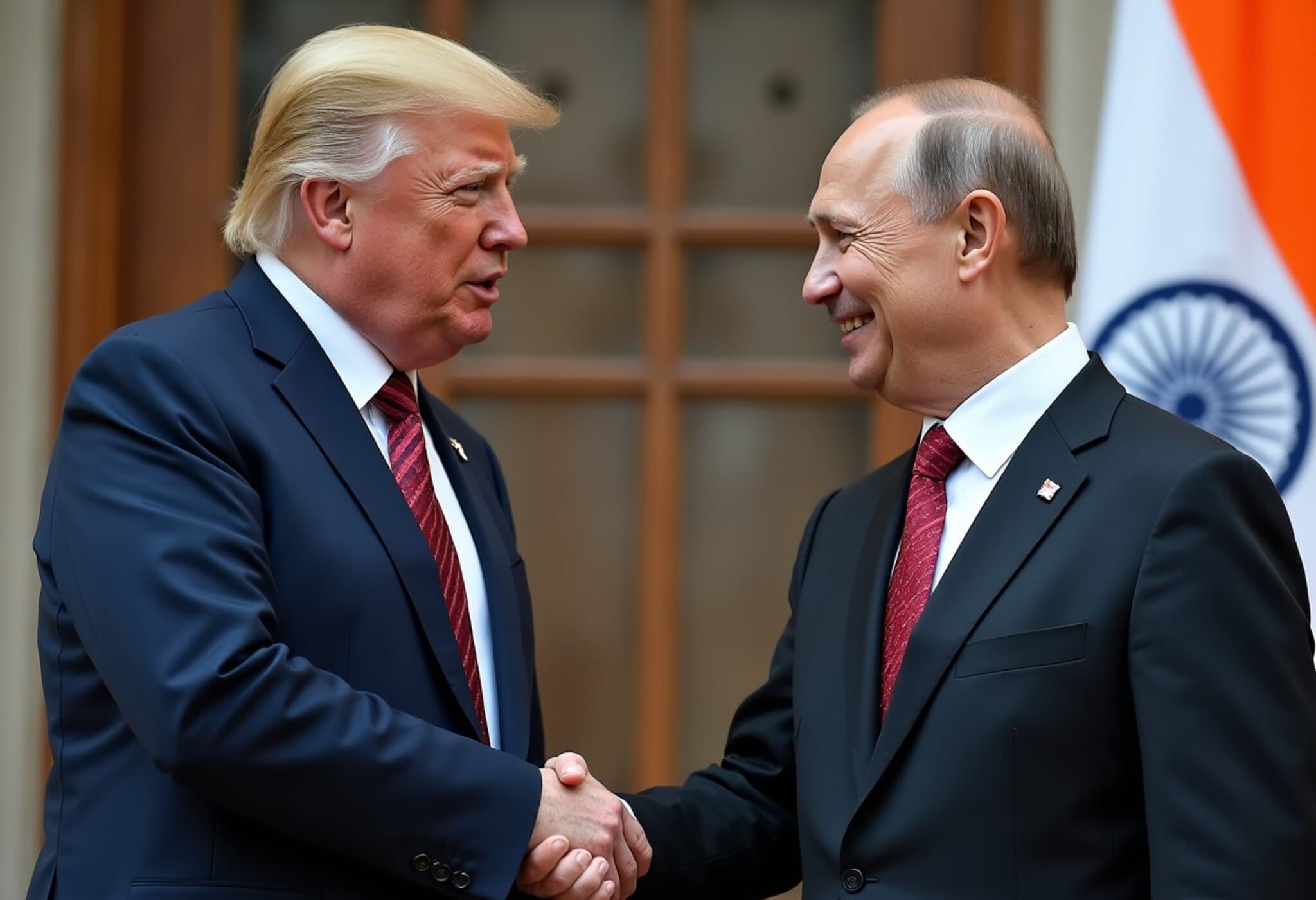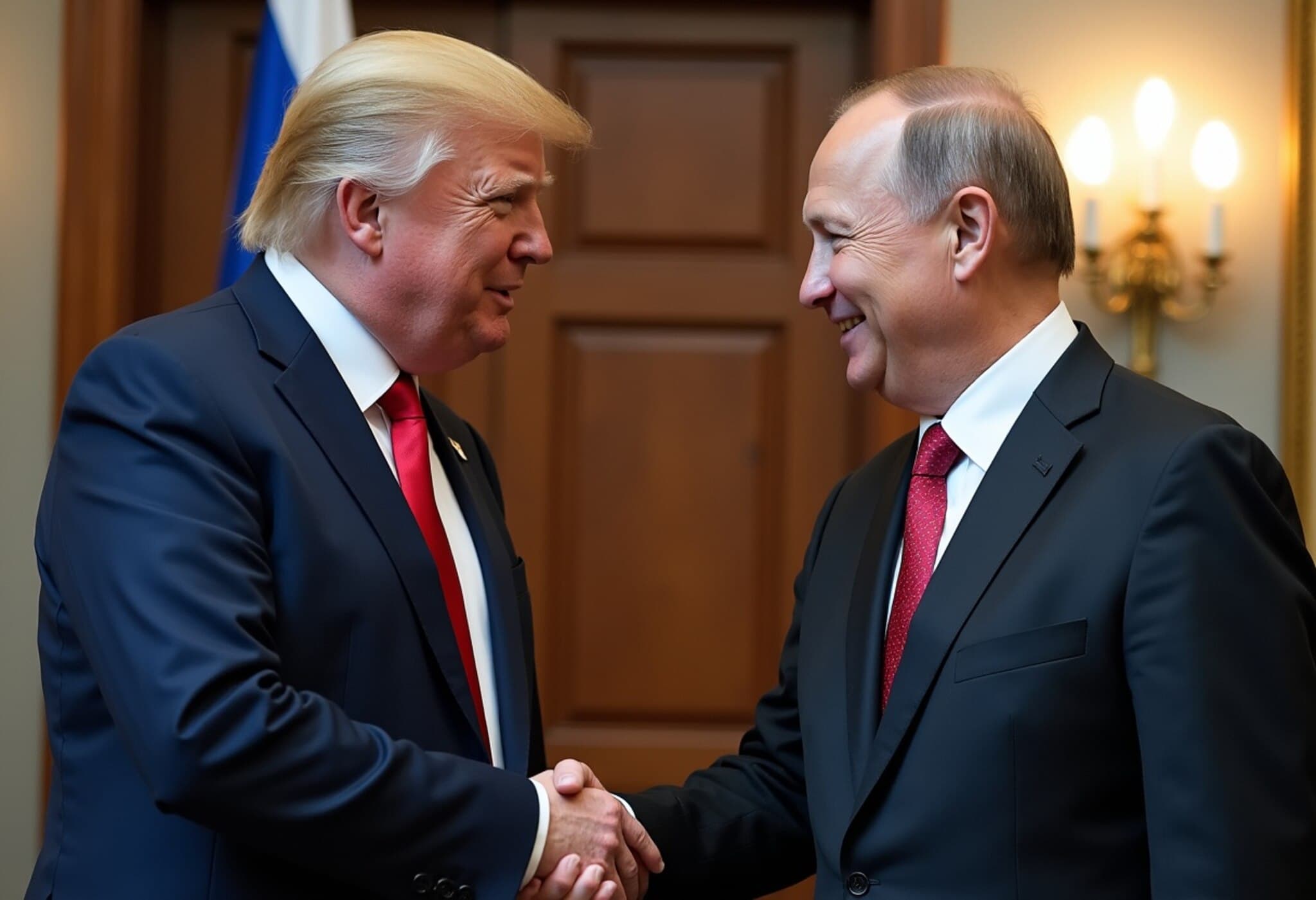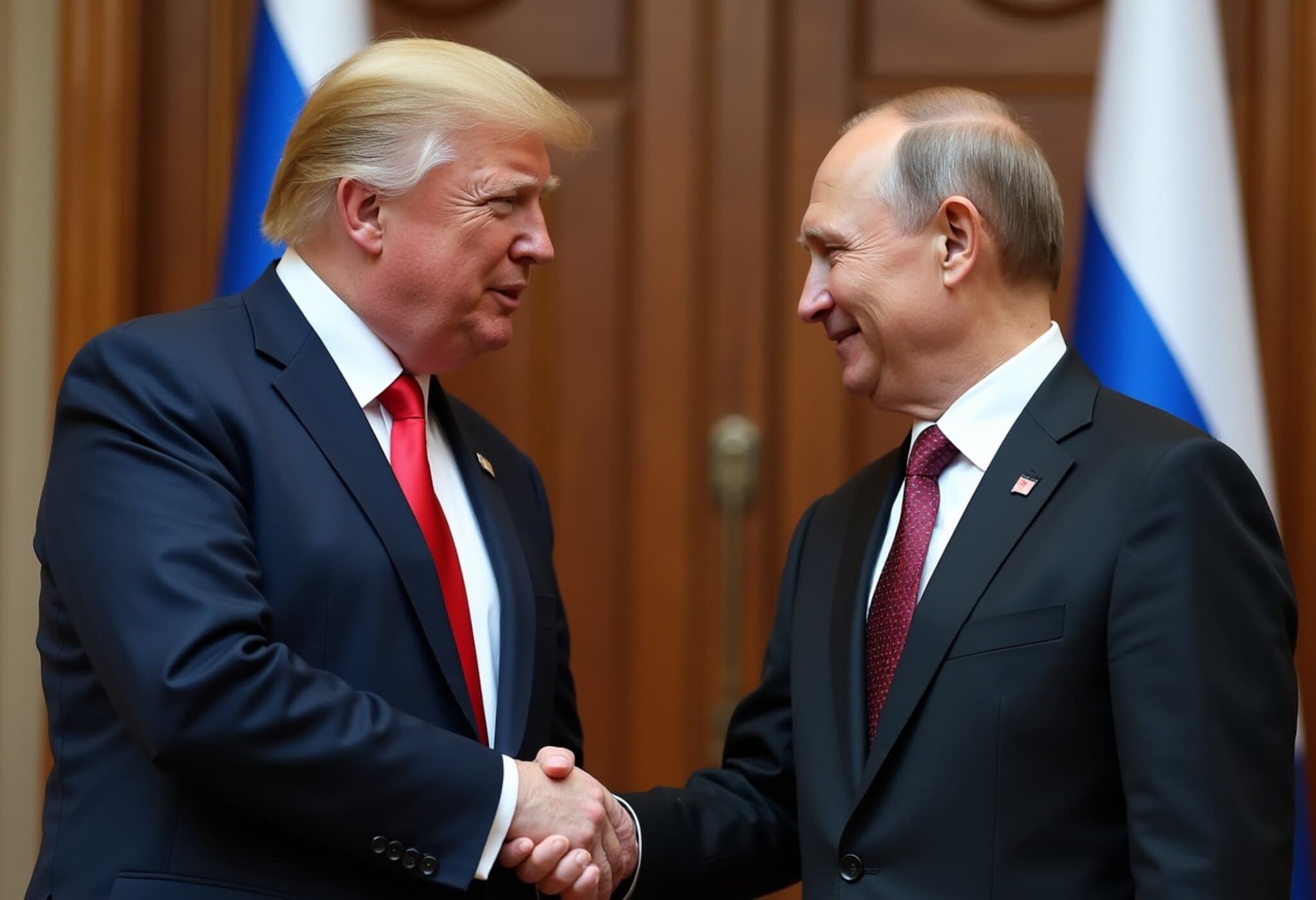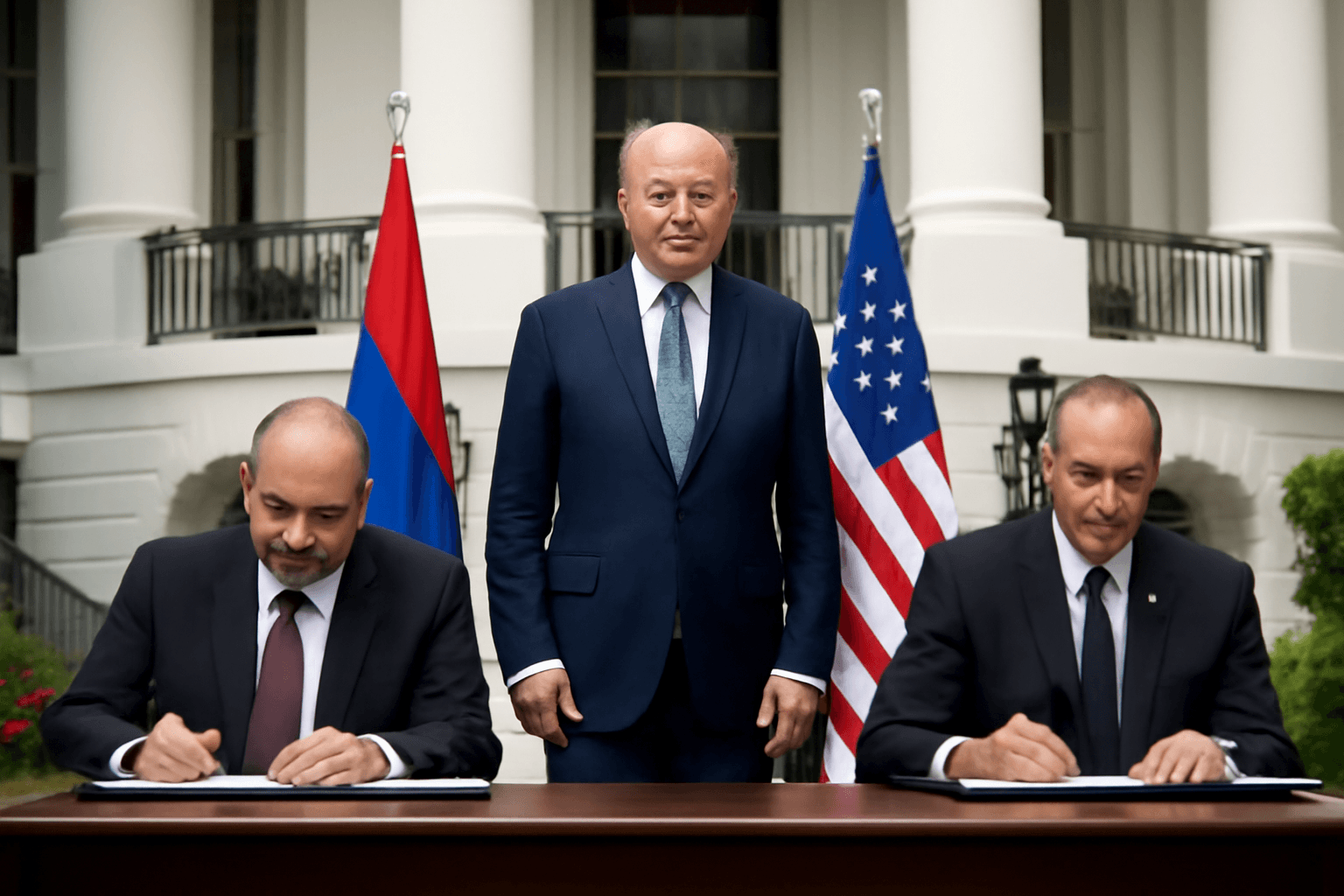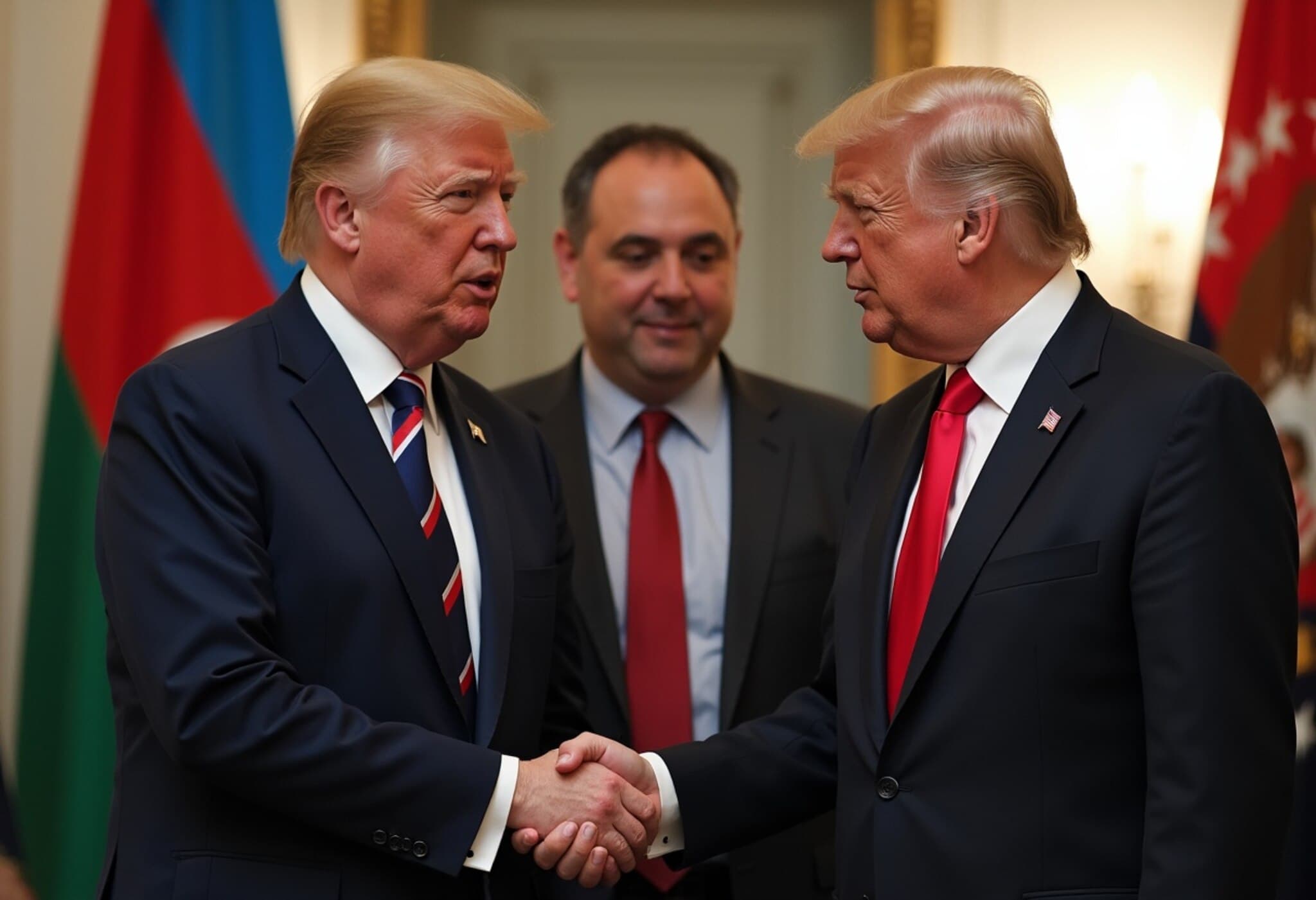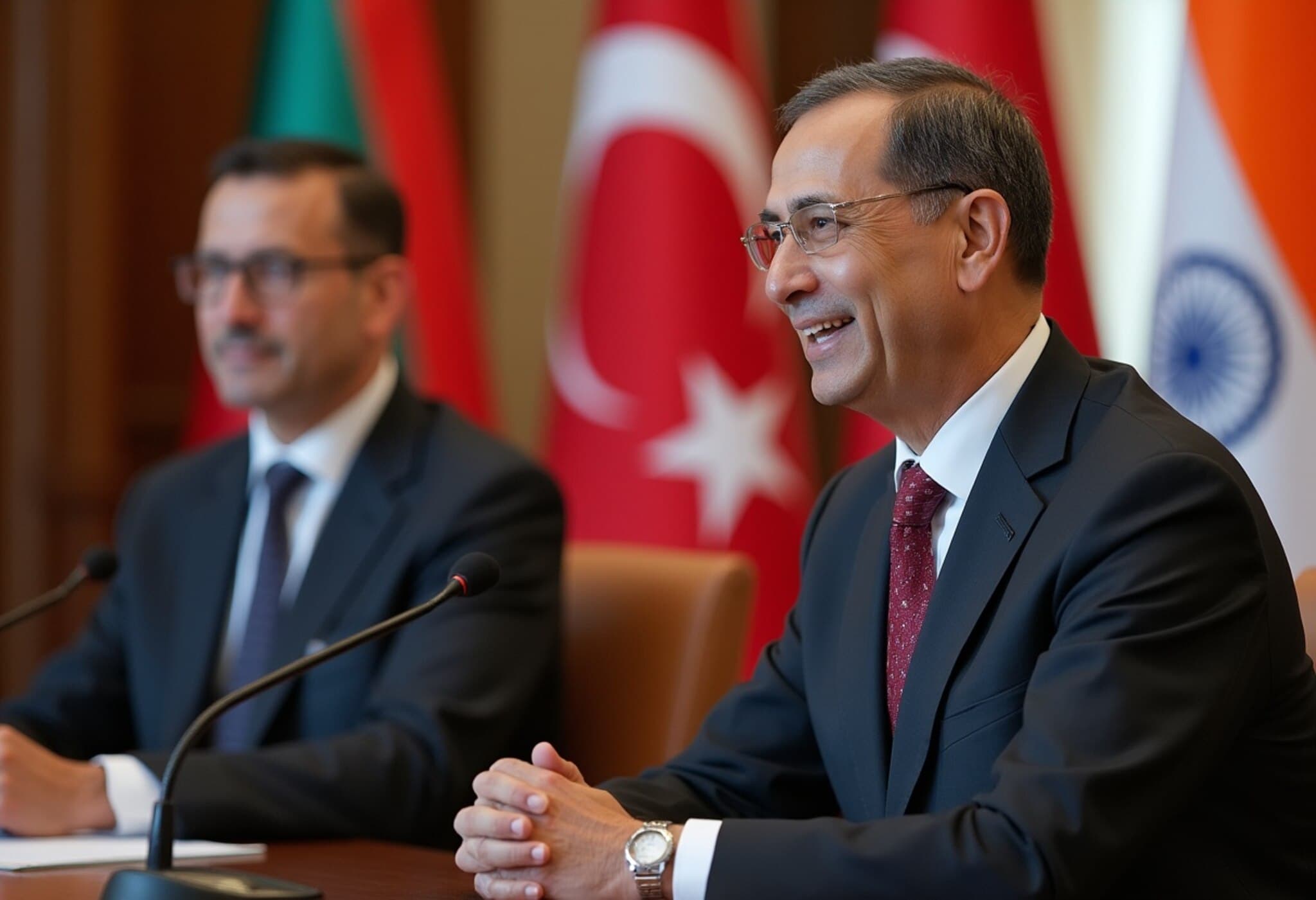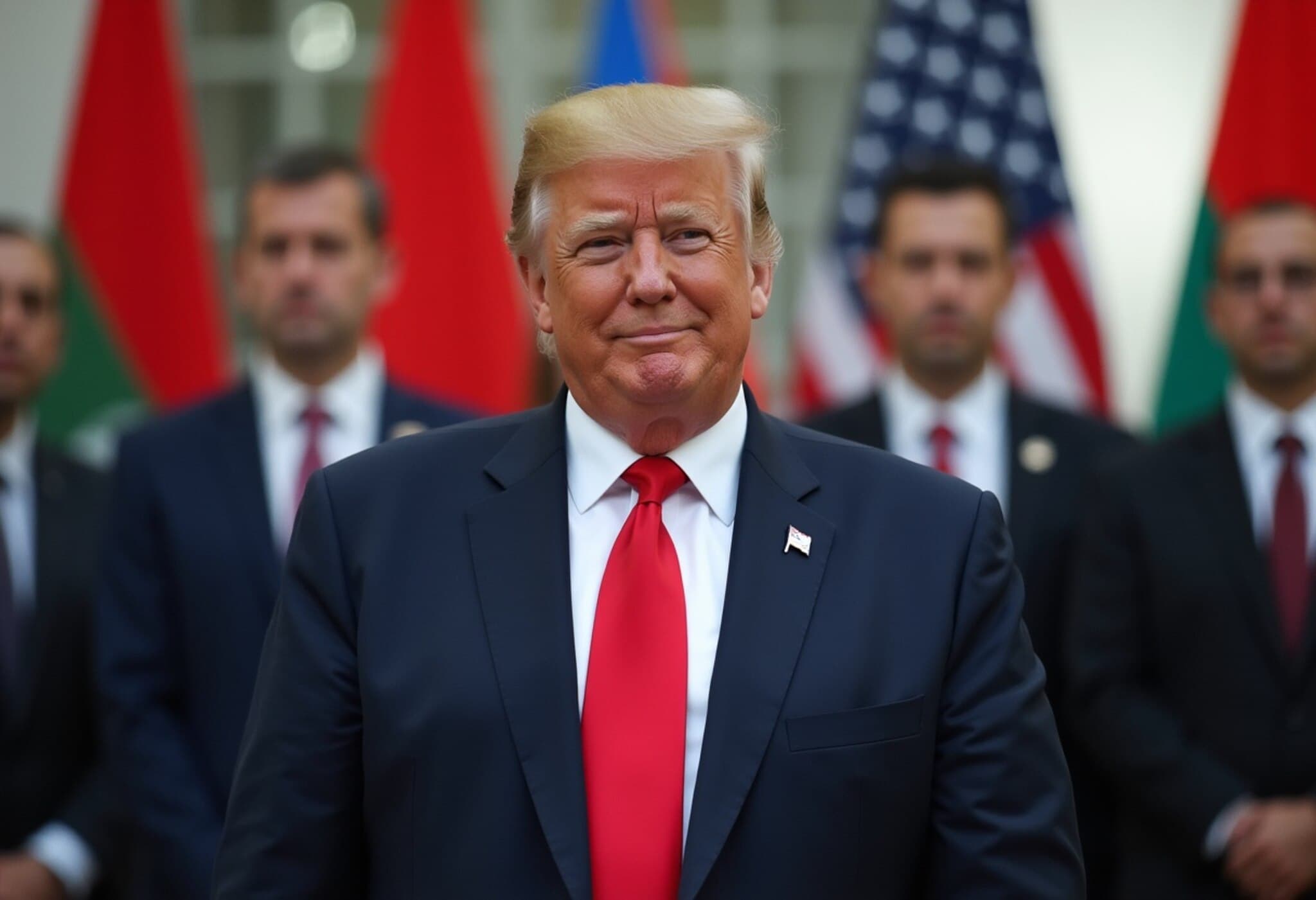Armenia and Azerbaijan Forge Historic Peace Agreement at the White House
In a landmark moment for the South Caucasus, Armenia and Azerbaijan are set to sign a US-brokered peace agreement on Friday at the White House. The ceremony, spearheaded by President Donald Trump, aims to turn decades of conflict into a new era of cooperation, economic growth, and regional stability.
The Trump Route: Paving the Way for Prosperity
A centerpiece of the agreement is the creation of a strategic transit corridor known as the “Trump Route for International Peace and Prosperity” (TRIPP). This corridor is envisioned not merely as infrastructure but as a highly investable venture, with US firms already expressing keen interest. According to senior administration officials, the exclusive US development rights on this corridor are expected to drive unprecedented trade, security enhancements, and connectivity across the region.
Breaking Years of Frozen Conflict
The longstanding dispute between Armenia and Azerbaijan centers on Nagorno-Karabakh, a region with an ethnic Armenian majority that declared independence in the late 1980s with Armenian support, sparking decades of intermittent warfare and animosity. Since both countries gained independence following the Soviet Union's collapse in 1991, the conflict has stalled progress and kept borders sealed.
By signing this deal, Azerbaijani President Ilham Aliyev and Armenian Prime Minister Nikol Pashinyan aim to reverse this cycle, moving towards reconciliation and opening crucial economic and trade channels under the watchful eye of the United States.
US Strategic Interests and Regional Implications
The agreement not only presents economic opportunities for Armenia and Azerbaijan but also marks a strategic shift in a region historically influenced by Russia, Turkey, and Iran. The South Caucasus is a critical energy corridor with pipelines feeding Europe and beyond. Opening this corridor under US stewardship signals a stronger American role in promoting regional peace and economic integration.
- Economic Cooperation: The deal includes commitments on energy, technology, infrastructure, and border security.
- Security Benefits: By stabilizing a key transit route, the agreement promises safer borders and reduced tensions.
- Investment Potential: Early interest from at least nine companies hints at possible boosts in trade and development.
Expert Commentary: A Turning Point with Challenges Ahead
While the signing ceremony heralds hope, experts caution that sustaining peace requires more than agreements. Regional analyst Dr. Lara Ponticelli notes, "This is a significant diplomatic breakthrough, but the real test lies in its implementation—rebuilding trust, addressing humanitarian issues, and navigating geopolitical sensitivities are crucial for lasting success."
Additionally, the US’s prominent role could recalibrate power dynamics, potentially eliciting reactions from Russia, which has historically been a dominant player in the region. How this will affect broader geopolitical balances remains to be seen.
Looking Ahead: What This Means for the South Caucasus
If effectively implemented, the peace agreement and the Trump Route corridor could transform the South Caucasus into a vibrant hub of regional commerce and energy transit. This could spur economic revitalization, unlock cross-border trade, and promote the integration of Armenia and Azerbaijan into a shared future of prosperity.
For the US, this initiative offers a tangible victory in conflict resolution and influence expansion in a pivotal geopolitical landscape.
Editor's Note
This historic agreement ushers in cautious optimism for a troubled region long marred by conflict. Yet, its real promise lies in sustained political will and grassroots reconciliation. Observers worldwide will be watching closely to see if this US-brokered deal can foster genuine peace and unlock economic potential, or if entrenched divisions will resurface. How the Trump Route corridor development unfolds could define the trajectory of peace and prosperity in the South Caucasus for decades to come.

